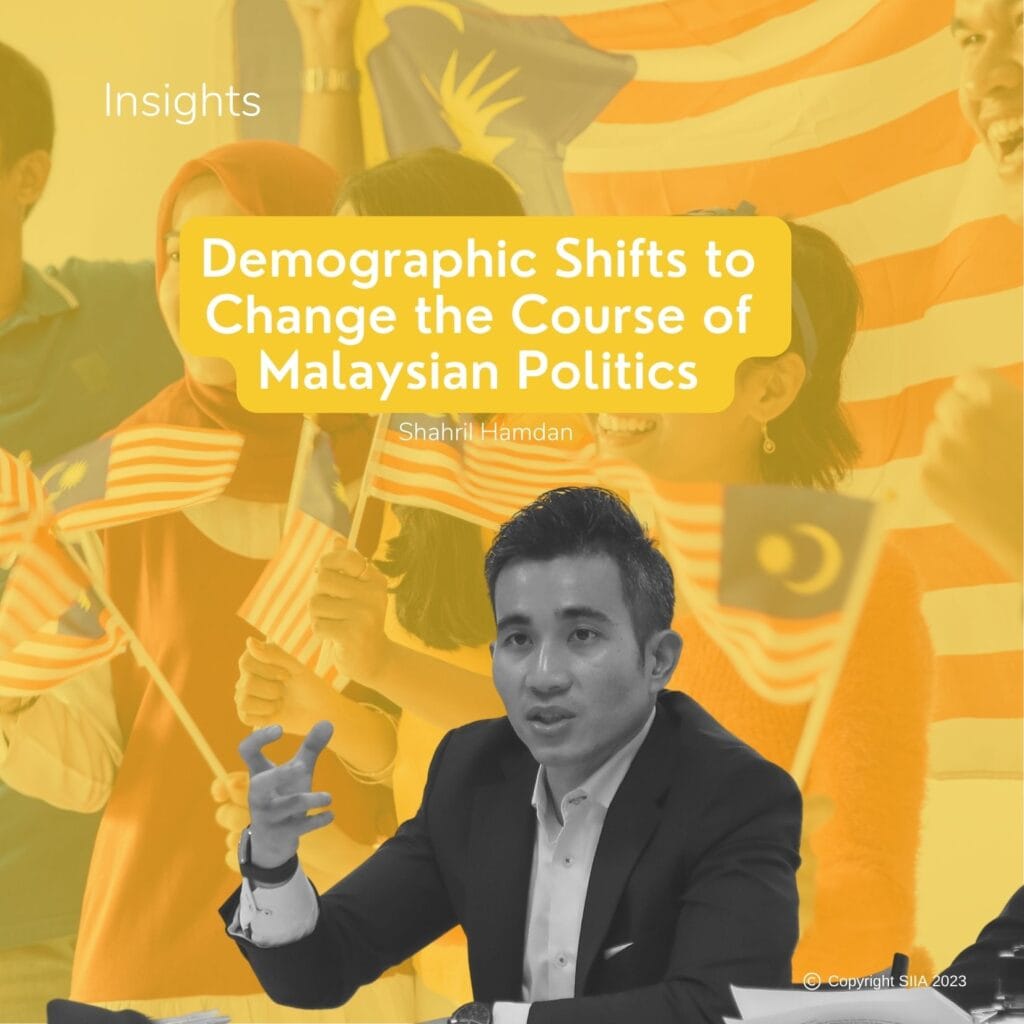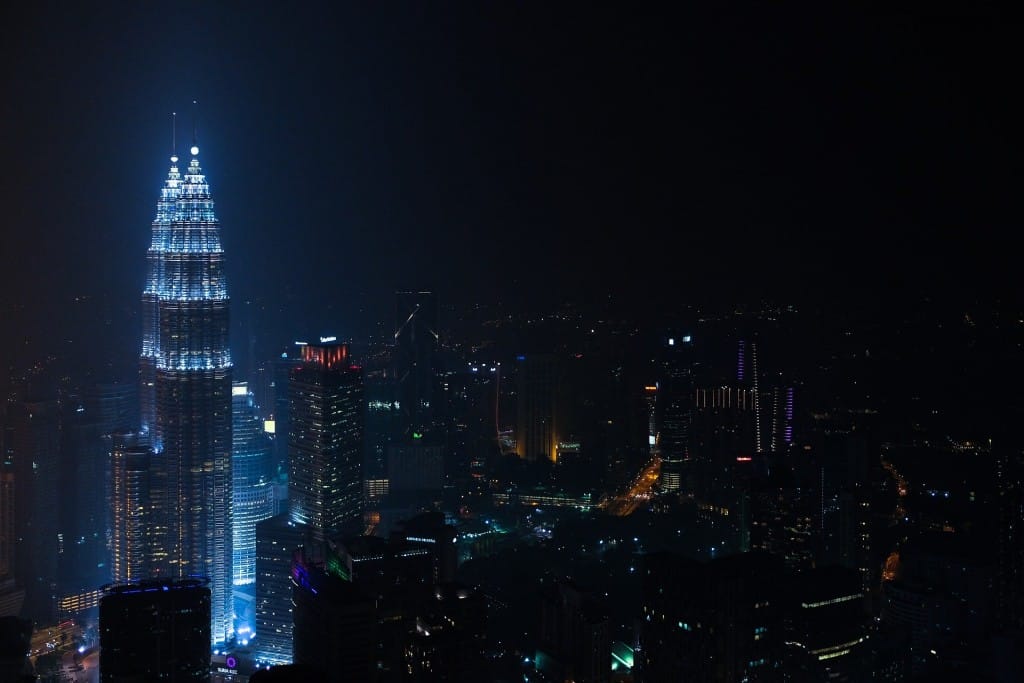Seeking Stability amidst Growing Tensions: Navigating Turbulent Waters in the Cross-Straits Relations
Intensifying cross-straits friction and Taiwan’s structural politico-economic challenges underpinned the focus of a Boardroom Briefing organised by the Singapore Institute of International Affairs (SIIA) on 9 February 2023. The speakers were Professor Simon Tay, Chairman of SIIA, as well as Mr. Manu Bhaskaran, Council Member of SIIA and CEO of Centennial Asia Advisors.
The closed-door roundtable drew on Professor Tay and Mr. Manu’s experiences during SIIA’s recent visit to Taiwan, at the invitation of the Institute of International Relations (IIR) at the National Chengchi University (NCCU).
Cross-Straits Outlook
Both speakers observed that prospects for invasion in the near term are low. Professor Tay’s perspective was that China will exercise restraint prior to Taiwan’s presidential elections to bolster the pro-China Kuomintang’s (KMT) performance. Mr. Manu felt that Beijing would prioritise growth-supportive policies to power its post-Covid recovery. Moreover, Mr. Manu believed that small-scale efforts by China, such as seizing Taiwan’s island groups would be counterproductive, because they had limited geostrategic value, but would “reignite pro-independence sentiments” in Taiwan.
Instead, it is more likely that China will deprive Taiwan of economic space. Beijing can and has restricted Taiwan’s exports to the mainland and issued threats to Taiwan’s trading partners to “squeeze Taiwan out” from Free-Trade Agreements (FTAs), one example being the Comprehensive and Progressive Agreement for Trans-Pacific Partnership (CPTPP).
On the diplomatic front, Taiwan would continue deepening relations with the U.S. and Indo-Pacific allies, with some success. U.S. President Biden invited Taipei’s de facto ambassador to the U.S. to his inauguration and approved billion-dollar arms exports to Taiwan. The White House may grant Taipei an exclusive “bilateral market access ticket”. Japan, on its part, has “toughened its defence posture, that has not been countervailed by economic priorities from interdependence with China”.
Domestically, President Tsai’s excessive politicisation of cross-straits tensions did not play well in the recent local elections, in which the Democratic Progressive Party (DPP) suffered a bruising defeat. Polls have indicated that only 25% of Taiwanese considered invasion to be imminent. This is yet another signal that a growing segment of Taiwan’s electorate has gravitated towards the centre. Correspondingly, the DPP’s likely presidential candidate, William Lai, has distanced himself from his earlier incendiary views on Taiwanese independence and adopted a more balanced stance espoused by President Tsai.
Taiwan’s Structural Economic Challenges
Mr. Manu identified Taiwan’s chronically inadequate diversification from its electronics industry as its principal challenge. He ascribed diversification woes to its lack of top-level government-driven industrial policy to complement private sector-led bottom-up activities.
On the semiconductor front, Mr. Manu commented that China’s unrelenting pressure on Taiwan has precipitated countries to diversify from Taiwan’s chipmakers to mitigate supply dislocation risks. The U.S. and Japan have pressed Taiwan Semiconductor Manufacturing Company (TSMC) to relocate production, including TSMC’s US$40 billion investment to construct two advanced fabrication plants in Arizona. Additionally, the U.S., China and Korea are injecting multi-billion dollar investments in domestic chipmaking capabilities.
However, Professor Tay felt that TSMC’s new facilities in Arizona and Kumamoto, Japan, will not hollow out Taiwan’s semiconductor advantage. Mr. Manu agreed, contending that TSMC and Foxconn’s relocation moves are “political in nature”. It would be difficult to replicate the efficiency and ecosystems for chipmaking that Taiwan possesses.
In terms of trade relations, Mr. Manu noted that Taiwan’s import and export dependence on China remains substantial at 22% and 42% respectively in 2021. This leaves Taiwan more susceptible to Beijing-imposed trade restrictions or blockades. Although President Tsai has attempted to diversify trade links through her New Southbound Policy, this has come across as less strategic and coordinated than Korea’s New Southern Policy.
Closeted Policymaking
The speakers expressed concerns for insular patterns of policymaking in both sides of the Taiwan Straits. In Beijing, President Xi’s inner circles exhibit a propensity for an impetuous model of “quick button-pushing and committing serial blunders”, as evident in China’s haphazard reversal of zero-Covid policies.
The insularity could heighten risks of miscalculation and accidental military engagements. Worryingly, China’s increased military activity around Taiwan – in the form of aerial sorties and warship deployment – could further destabilise the situation. Professor Tay urged China, the U.S., Japan, Taiwan and other stakeholders to maintain a reliable, direct line of communication to de-escalate tensions and avert the “Thucydides Trap”.
![[Premium] Taiwan Boardroom Briefing](https://siiaonline.org/wp-content/uploads/2023/02/1676340182533.jpeg)



